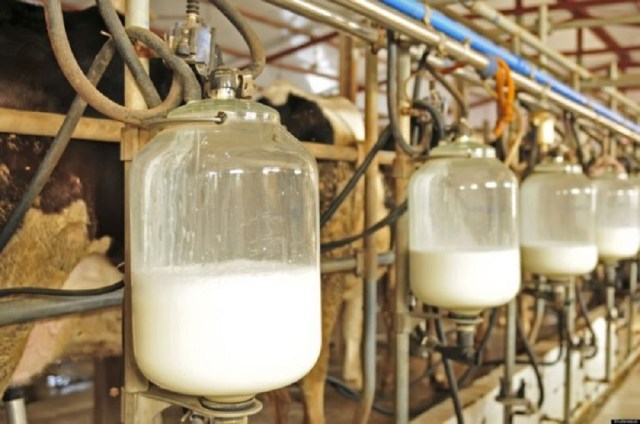For about three years now, Nigerian importers have been paying an arbitrary fee of N16 billion yearly as container deposit fees to foreign shipping companies.
Executive Secretary, Nigerian Shippers Council (NSC), Hassan Bello, who disclosed this during a press conference in Lagos, described the fee as exploitation, noting that the agency is collaborating with the National Insurance Commission (NICOM) to put an end to the arbitrary payment by the second quarter of 2021.
Bello explained that in 2018, Nigerians paid N16 billion to foreign shipping companies as container deposit fees; and that the figures for 2019 and 2020 were not different from what obtained in 2018.
“We at the NSC are currently working towards the removal of container deposit fee payment by Nigerian importers. It will be removed very soon. We are currently working with the NICOM to see an end to these arbitrary charges. I also have a committee in my office working on this.
“The most annoying aspect of the situation is that it is not the fault of the shipper, he cannot return this container on time. The shipping companies have not provided accessible holding bays for the prompt return of these containers. With the chaotic traffic situation along the ports access roads, in three or two days, the shipper loses its container deposit fees. This is an unfair trade practice.
“We hope that by end of second quarter of 2021, we would have gotten all approvals to stop the collection of these container deposits. So, by end of the second quarter 2021, insurance will come in and the shipping companies themselves will be relieved because they own the containers. In shipping, there are so many insurance risks involved, so we are urging insurance firms to come in.
“For example, on nature of insurance and cargo claims, concerning damages to cargo, N387million has been paid by insurance companies on cargo claims. Damages to cargo, cargo loss and others should all be insured. So we are substituting container deposits with insurance cover. We are also having harmonisation of tariff nomenclature. Last week, we had a meeting with the Organised Private Sector (OPS), which included the terminals and users of port facilities,” he said.
Bello added that the NSC is also setting standards for tariffs at container terminals and monitoring compliance.
“We had to set the standards to monitor the efficiency of the port terminals. Some of the things we used in setting standards for the container terminals are berth occupancy, turn-around time etc.
For example, at Five Star Logistics or Tin-Can Island Container Terminal (TICT), they all average 3.7 days of turn-around time for ships. Some other terminals like APM Terminals, Apapa Bulk Terminal Limited (ABTL), Greenview Development Nigeria Limited (GDNL) average four days for ship turn-around time.
There are others who average nine and 12 days for vessel turn-around time. We have been asking questions, why is the vessel turn-around time for these terminals taking time?
“We also look at cargo dwell time. In 2019, some terminals had 15 days, some had 21 days, 23 days depending on the kind of terminal.
We are talking to the terminals to ensure that this comes to seven days. GDNL is 7.2 days, ABTL is 9.2 days. Every day, we go to these terminals to see the progress they have made and how efficient they are,” he stated.




